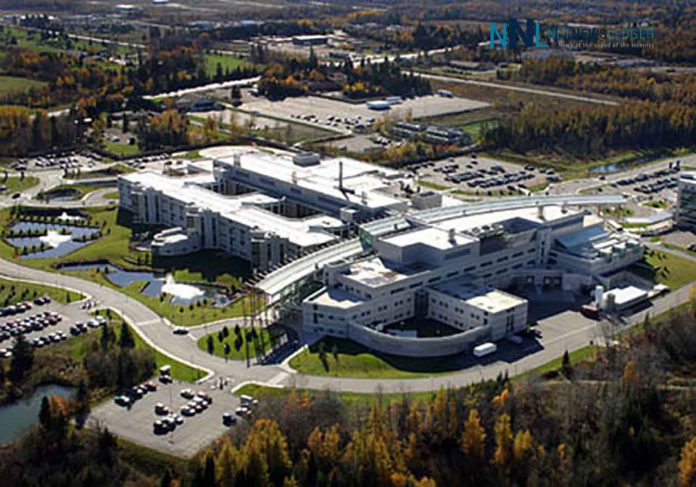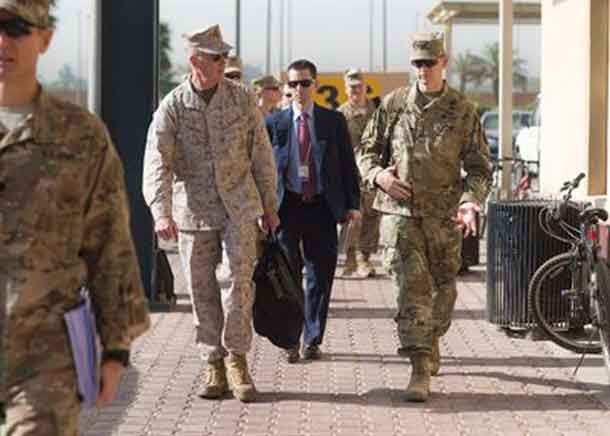THUNDER BAY – For the protection of patients, staff, professional staff and the community, visitor and Care Partner restrictions were implemented at our Hospital. As the COVID-19 pandemic evolves, protocols are reviewed and updated.
“We are pleased to share that, beginning this week, Care Partners will be welcomed back to our Hospital, along with Essential Care Partners,” said Dr. Stewart Kennedy, Incident Manager for the Hospital’s COVID-19 response. “Although necessary for everyone’s protection, the restrictions have been difficult for patients and families. Thanks to the diligence of our community members, and the introduction of mandatory masks, we are now able to ease restrictions.”
Currently, only patients who meet the qualifying criteria were permitted 1 Essential Care Partner (ECP). Effective Wednesday, July 22, all the remaining inpatients will be permitted 1 Care Partner (CP).
Adjustments to the new guidelines may be required as the COVID-19 pandemic continues to evolve. “We will continually monitor the situation in order to protect our patients and this facility,” said Kennedy.
The following reflects the updated Care Partner guidelines for our Hospital:
• It must be the same CP throughout a patient’s stay at the Hospital (patients cannot have different care partners from day-to-day);
• CPs are allowed to visit between 1700 and 2000 hours. Visits are limited to one visit per day;
• Movement of ECPs and CPs is restricted. They are not permitted to visit common areas such as Robin’s or the cafeteria.
As of July 22, Essential Care Partners are permitted to visit between 0800 and 2000. ECPs apply to:
• a patient who is dying or very ill;
• a patient under 18 years old;
• patients undergoing surgery;
• women giving birth;
• outpatients who require assistance to attend their appointment;
• patients being discharged and ECP requires health teaching that cannot be provided post-discharge or virtually;
• patients with cognitive, mental health, or behavioural issues that impact the care team’s ability to provide safe care;
• patients with communication needs that cannot be easily addressed with existing resources and impact the care team’s ability to provide safe care;
• patients in the Intensive Care Unit;
• patients undergoing Medical Assistance in Dying (MAID).
Additional updates apply to ECPs for patients of the Women and Children’s program. As of July 22, 1 ECP may be present during labour and delivery, including in the Operating Room during a Caesarian Section (subject to corporate Personal Protective Equipment status). 1 ECP is permitted in the maternal newborn unit for the first 6 hours of life or until the end of that day’s visiting hours (2000), whichever is longer. Like other ECPs, this ECP may return daily between 0800-2000 until discharge.
Community members should be aware that masks are mandatory for anyone entering the Hospital, and that smoking is not permitted on the Hospital property.








